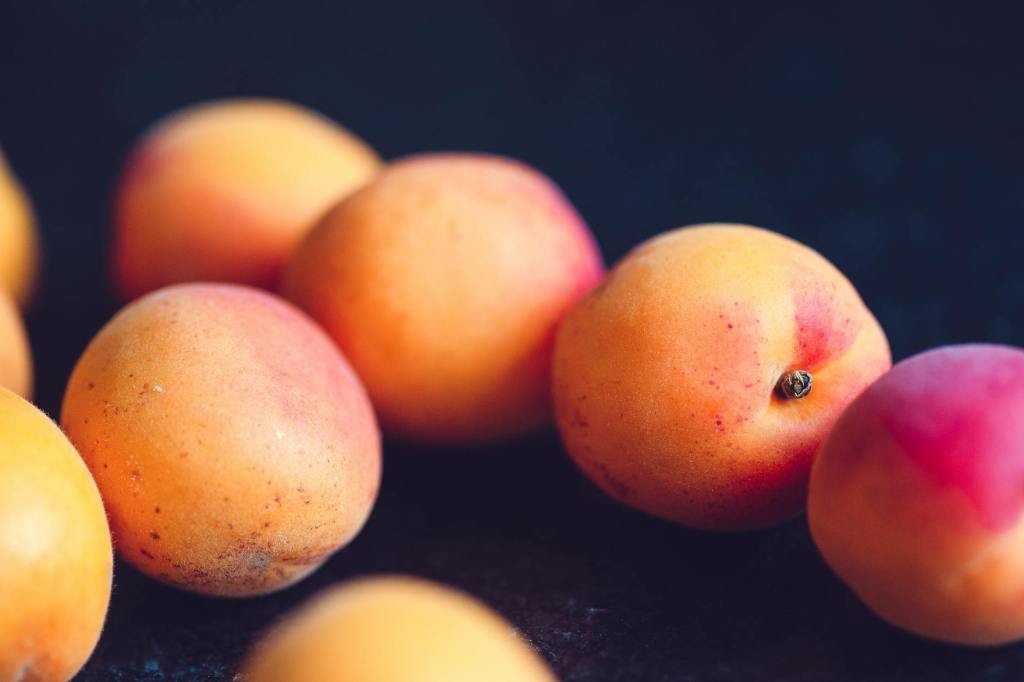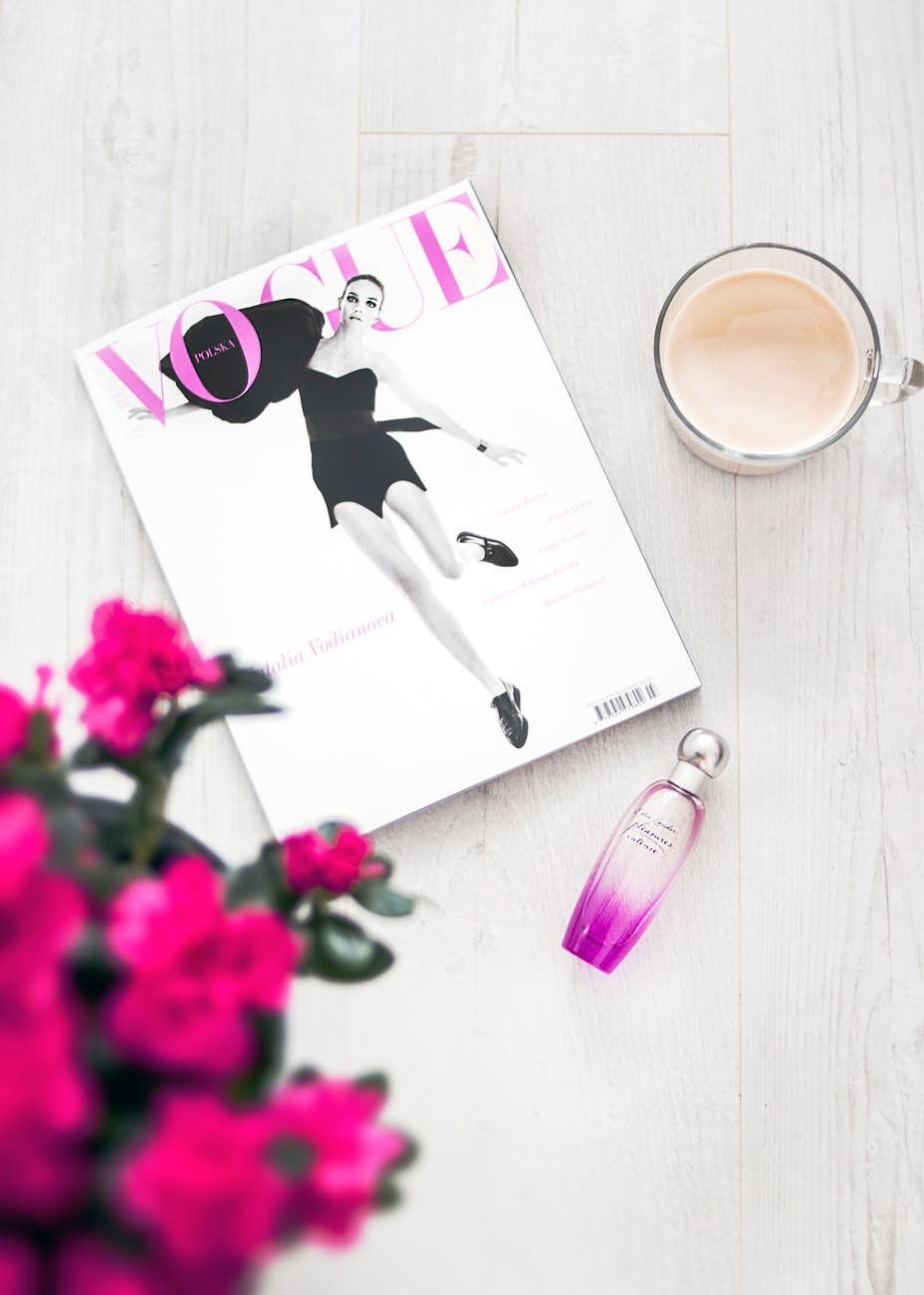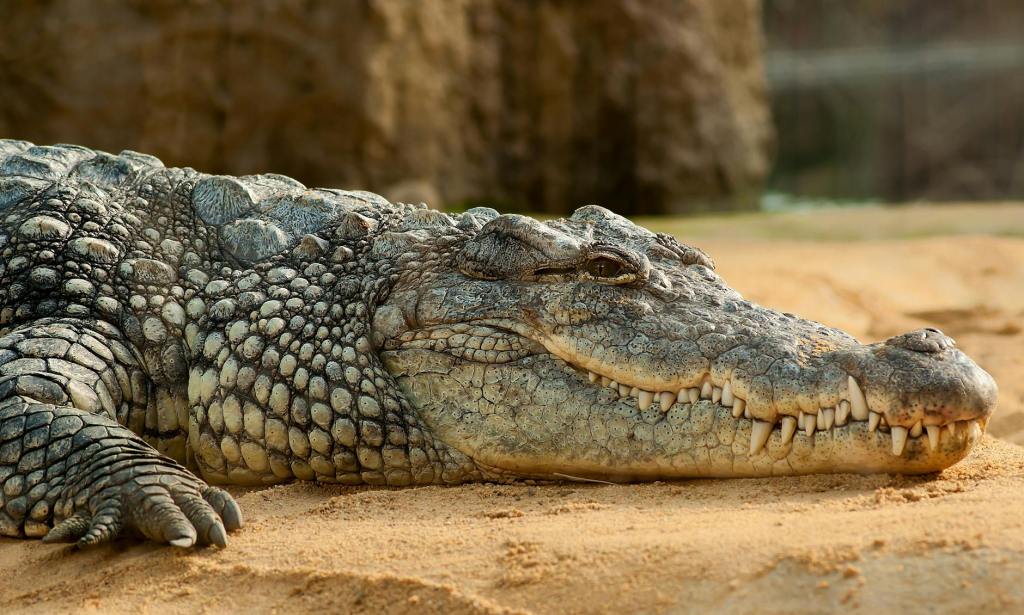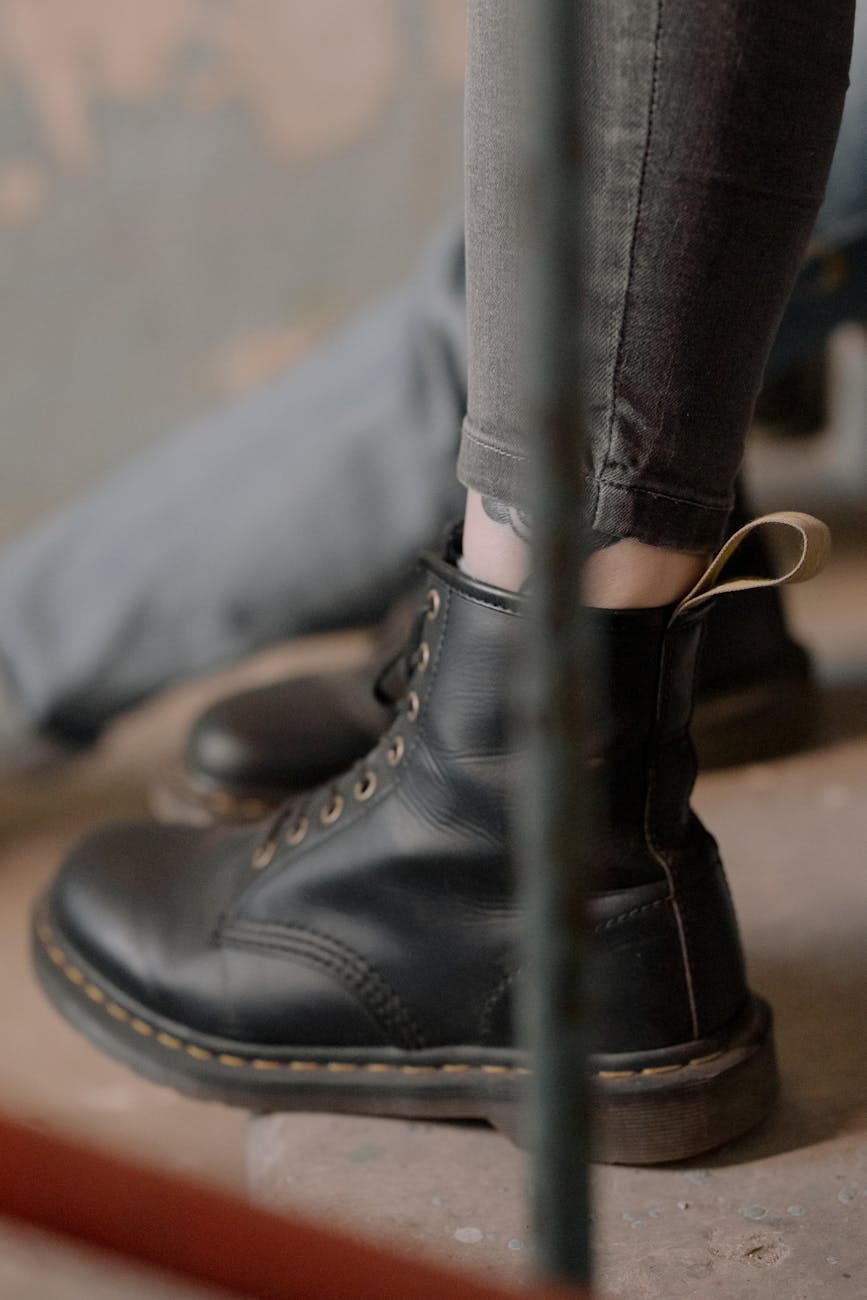Farewell fuzzy peach perfume, bye-bye mango body butter. I’m not certain if The Body Shop still sells these fruity lotions and potions but when it was announced that the 48-year-old business had collapsed into administration, I tripped headfirst into 90s nostalgia when The Body Shop ruled the Highstreet, and teenage girls could be divided into two camps: White Musk or Dewberry. I was a Dewberry gal myself, and entire Saturday afternoons were lost in a haze of fruity social activism as I sniffed and dabbed my around Dublin’s Henry Street branch of the ethically conscious store. Not only would I smell delicious, but I was also saving the world!
News of The Body Shop’s collapse comes less than three months after it was taken over by private equity company Aurelius for £207m in November 2023. The German buyout company states it has been unable to revive the business after terrible trading over the Christmas period. In a statement, it confirmed:
“Today, the Directors of The Body Shop International Limited have appointed Tony Wright, Geoff Rowley, and Alastair Massey of business advisory firm FRP as Joint Administrators of the company, which operates The Body Shop’s UK business.
“The Joint Administrators will now consider all options to find a way forward for the business and will update creditors and employees in due course.”
The Body Shop was opened by Anita Roddick in her hometown of Brighton back in 1976, starting the health and beauty business with the humble goal of making a living for herself and her two daughters while her husband was away travelling. The shop began trading with just 25 products. Long before ‘sustainability’ and ‘’ethical’ became marketing buzz words, Roddick’s vision was to sell products with ethically sourced and natural ingredients. None of The Body Shop’s products were tested on animals, and the ingredients were sourced directly from producers so that she knew exactly what went into each product. The brand grew quickly and by the mid 1980s there was a Body Shop on every High Street, mini-Wonka factories but for teenage girls who signalled their moral credentials through their kiwi scented lip balm.
Roddick and her husband sold the brand to L’Oréal in 2006 and the Body Shop lost its way or, according to retail guru Mary Portas, lost its soul. An outdated marketing strategy and confused values – L’Oréal was owned by the uber-rich Bettencourt family and corporate food giant Nestlé, facts hard to gel with the Body Shop’s core principles – resulted in declining sales and the closing of stores.
More than 10 years later, L’Oréal decided to sell The Body Shop to Natura of Brazil for £880m. By now, the natural beauty industry pioneered by Roddick had exploded and was no longer a unique selling point. The Body Shop failed to appeal to the social media generation and became a brand that teenagers associated with their mothers who had, in fact, long moved on from the cloying scents of their youth. In November 2023 Natura offloaded it to Aurelia for a fraction of what it paid for it.
The Body Shop has more than 200 shops in the UK, employing 2000 people. While the brand may live on, at least temporarily, in some guise, store closures and job losses are all but a certainty.





Leave a comment